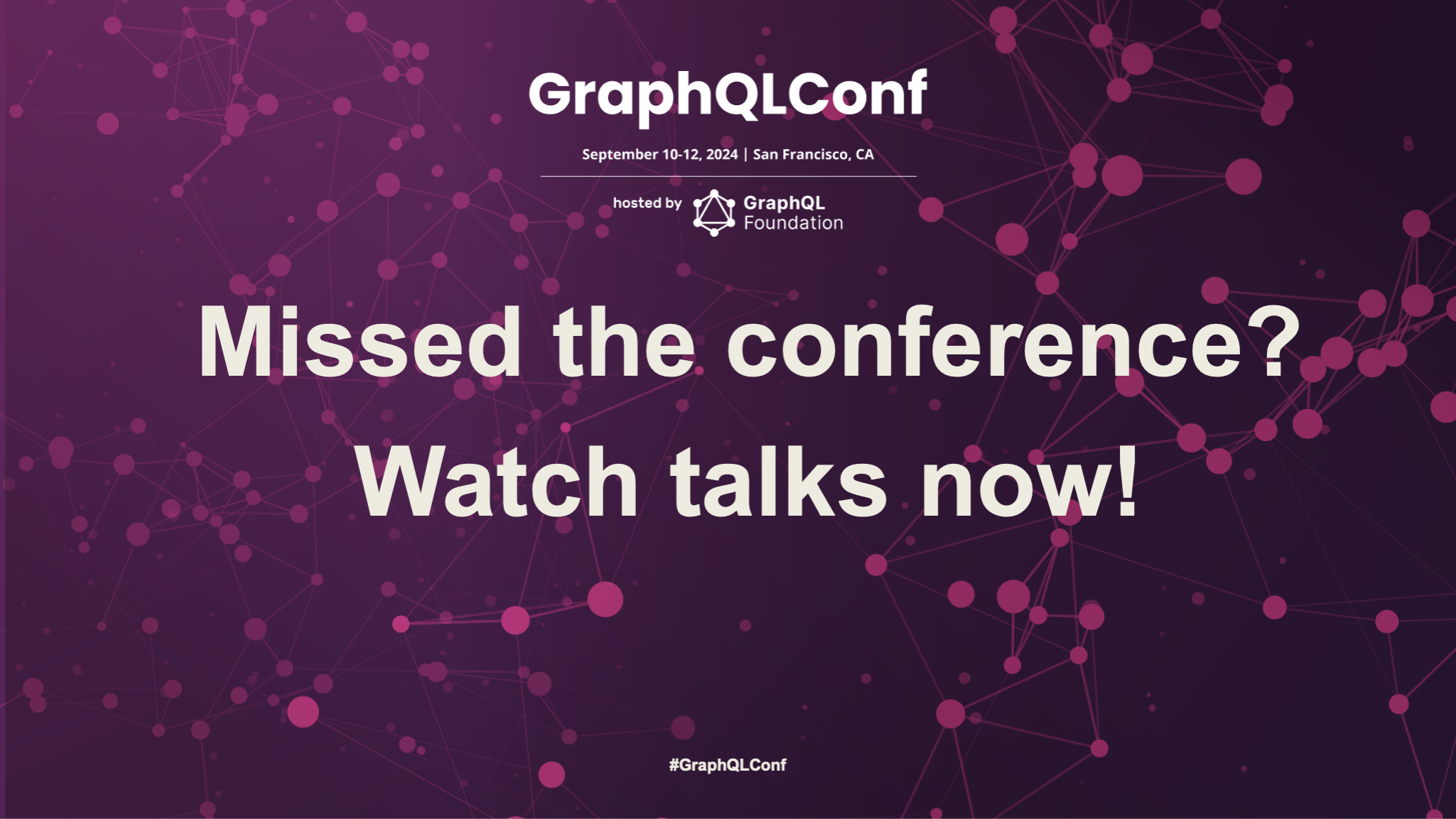Articles
Tools & Open Source
Share the goods
Found a cool GraphQL resource? Tell us all about it!
Join the community
topics
ArticlesTools & Open SourceVideosCommunity & EventsEventsTutorialsPodcasts and ShowsAnnouncementsLibraries and ToolsLibrariesGraphQL CommunityGraphQL Foundation Working Group UpdatesTwitter ThreadsBooksReleasesGraphQL Foundation Library UpdatesOther GraphQL Foundation NewsSurveysArticles & Open SourceSurveySlidesUpdatesFrameworks and Libraries
